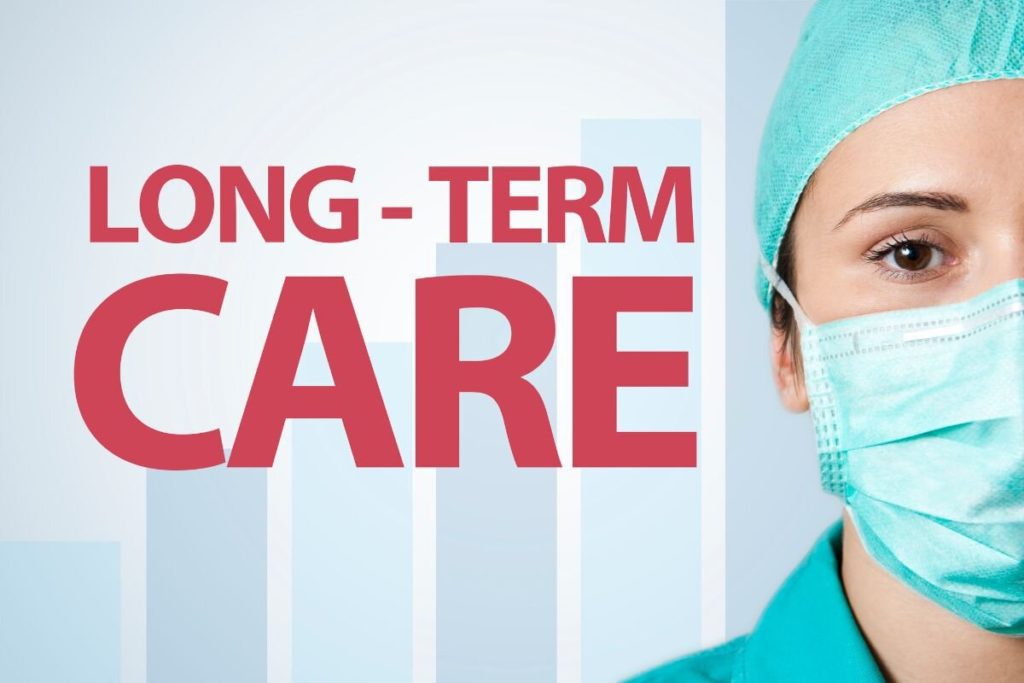It is fairly common knowledge among the elderly that one option for care when a person can no longer take care of themselves is long-term care services under Medicaid. Also a well-known subject—notorious, even—is that the person who will be cared for via Medicaid will find their personal assets subject to both assessment (to determine eligibility for Medicaid) and a requirement that they “spend down” their assets to pay for their own care before Medicaid can take over for them. A common question we therefore receive in regards to planning for long-term care under Medicaid for one spouse in a married couple is: Will the spouse not being cared for by Medicaid be forced to lose everything by spending down all of the couple’s assets so their incapacitated spouse can have long-term care?
This used to be a real problem, referred to as “spousal impoverishment”. Luckily, Congress took note that this was happening on a large scale, and in the late 1980s created rules that reduced its social effects. These days, under both Federal and Virginia law, a healthy spouse is permitted to keep up to $130,380 in what are called “countable assets.” These include:
-
Real estate, in addition to their primary residence.
o A healthy spouse may continue to live at their primary residence—it is exempt from countable assets so long as that spouse continues to live there.
o One automobile is exempted from countable assets—so a healthy spouse need not fear losing a means of transportation and independence.
o Jewelry and small articles of personal property are also exempt.
-
Stocks and bonds.
-
Retirement accounts.
-
Cash.
Most states, including Virginia, permit the healthy spouse to retain up to 50 percent of the total countable property of both spouses, so long as it does not exceed the $130,380 cap. According to Medicaid, all countable property owned by a married couple is considered joint assets, with no regard to which spouse holds title to a given bit of property. The value of all countable property belonging to them either jointly or individually gets added together, and divided by two—and the healthy spouse may keep up to 50 percent of this total (again, subject to the cap). The rest of it must be “spent down” or otherwise divested before the sick spouse can be considered eligible to apply for Medicaid.
Contact Us to Learn About Medicaid Long-Term Care
If you or your elderly loved one is considering possible long-term care, and believe Medicaid may be an option, attend one of Promise Law’s free Medicaid workshops. These workshops provide a great foundation of information that everyone needs to be able to make good planning decisions. Moreover, if you attend a workshop you also get a complimentary one-on-one consultation with one of our attorneys.




